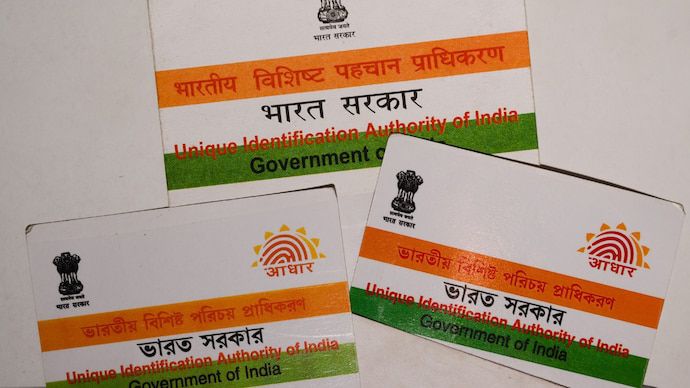 Image Source: India Today
Image Source: India Today
The Indian government is gearing up to transform how addresses are managed across the country by rolling out a unique digital identity for every address—similar to how Aadhaar works for individuals. This ambitious project, led by the Department of Posts and closely overseen by the Prime Minister’s Office, aims to create a standardized, secure, and interoperable digital address system for every home, shop, and building.
Key Highlights
• Digital Address System: The new ‘Digital Address’ framework will assign a unique digital ID—known as DIGIPIN (Digital Postal Index Number)—to each location, utilizing a 10-character alphanumeric code derived from precise latitude and longitude coordinates.
• Geo-Coded Precision: Unlike traditional postal codes, DIGIPIN will accurately identify exact locations, even in remote, rural, or less structured areas, putting an end to the confusion often caused by vague or landmark-based addresses.
• Consent and Privacy: Address data will only be shared with clear user consent, ensuring privacy and security while allowing for smooth integration with both government and private sector services.
• Efficient Service Delivery: This system is designed to enhance the accuracy and speed of deliveries, emergency responses, and last-mile service provision for government programs, e-commerce, and logistics.
• Public Feedback and Legislation: A draft framework will soon be available for public consultation, with a finalized policy expected by the end of the year. The government may introduce legislation in the upcoming winter session to create a regulatory authority for the digital address ecosystem.
Outlook
The digital address initiative is set to be as groundbreaking as Aadhaar and UPI, modernizing India’s infrastructure and tackling inefficiencies that are estimated to cost the economy between $10 and $14 billion each year. By promoting inclusivity, transparency, and efficiency, this system will empower citizens, businesses, and authorities alike—laying the groundwork for a more connected and digitally advanced India.
Source: The Economic Times, Times Now, India Today
Advertisement
Advertisement

